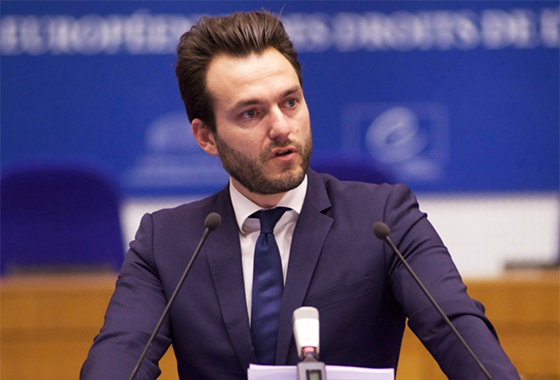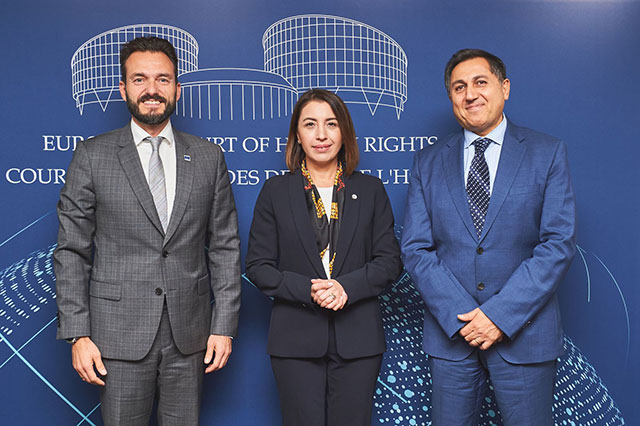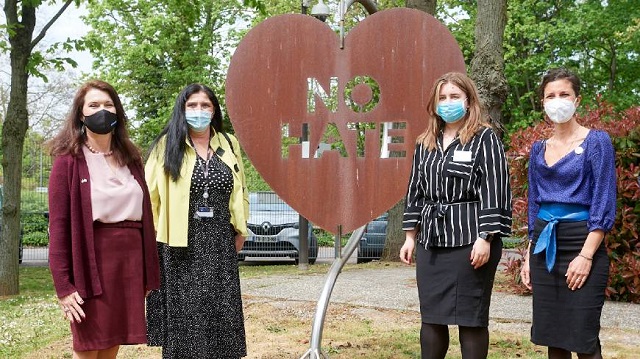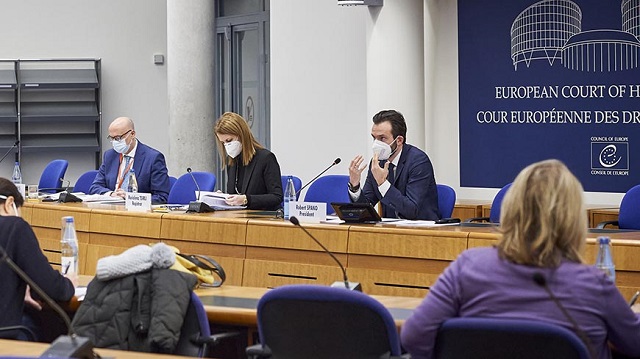The President of the European Court of Human Rights, Robert Spano, has paid tribute to the essential role of parliaments in upholding the Convention and rulings of the Strasbourg Court.
Addressing a meeting of PACE’s “enlarged” Standing Committee by videoconference, Mr Spano said: “The role of parliaments is now crucial, both upstream in preventing violations, and downstream in ensuring that judgments are properly executed.”
He pointed to the increasing number of committees set up by national parliaments to examine draft laws for their compatibility with the Convention, as well as the work of parliaments in making the legislative changes called for by rulings of the Court.
He also hailed the Assembly’s “crucial and direct” role in electing the judges of the Court: “It cannot be said often enough that the quality of the Court depends on the quality of the judges that make up its composition.”
Read also
The Assembly was the “beating democratic heart” of the Council of Europe, he added, expressing his warm appreciation for its work, in particular recent efforts to protect the independence of lawyers and judges.
The Court’s President also pointed to external risks to the Convention system and its values, including threats to the independence of the judiciary. “Formal, legal judicial independence is not enough. No less important is the actual or de facto independence of judges,” he pointed out.
“This means that Governments cannot control the courts – the Convention does not tolerate such actions. No external pressure can be placed on judges while exercising their legitimate and constitutionally-mandated functions. That includes political pressure and media campaigns against judges,” he added.
PACE


























































